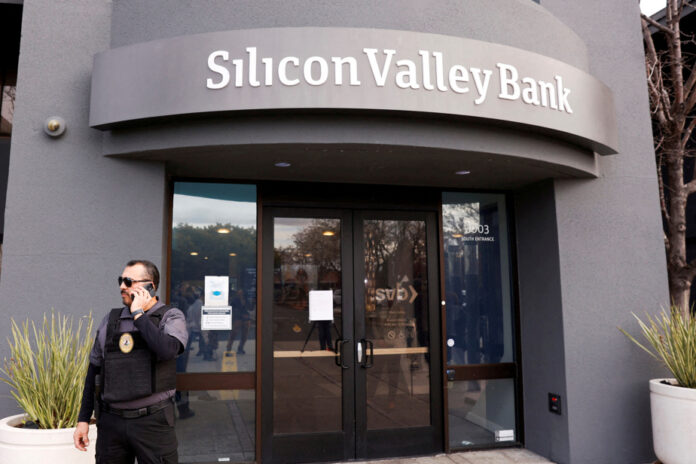(Washington) The recent bankruptcies of Silicon Valley Bank and Signature Bank do not mean that the current rules of banking regulation are too weak, estimated Friday an official of the American central bank (Fed).
“While this episode demonstrated that some changes may be warranted, I don’t think the failure of these two institutions is an indictment of the broader regulatory landscape,” Michelle Bowman said during a speech at a conference organized by the University of Wharton in Pennsylvania.
“We need a full, accurate, and thorough examination and diagnosis, before we come to any conclusions on solutions,” Bowman said Friday.
“If we identify gaps in supervision and regulation, […] we will fill those gaps,” she added.
“As policymakers review the regulatory and supervisory framework for the U.S. banking system and consider specific adjustments to address identified shortcomings, we must also consider the impact of additional regulatory changes,” Bowman further emphasized.
The vice-president of the Fed in charge of banking regulation, Michael Barr, had on the contrary estimated, at the end of March in the American Congress, that the bankruptcy of SVB demonstrated that “our regulatory system has failed” and that there was “need stricter rules” for small and medium-sized banks.
A fervent supporter of strict regulation, Mr. Barr is one of the architects of the Dodd-Frank Act, passed after the 2008-2009 financial crisis to better regulate the activity of major American banking institutions, and unraveled in 2018 by former President Donald Trump.
Both the Fed and the bank deposit insurance agency FDIC said they had requested reports on the bankruptcies of SVB and Signature Bank, which are expected to be released on May 1.















